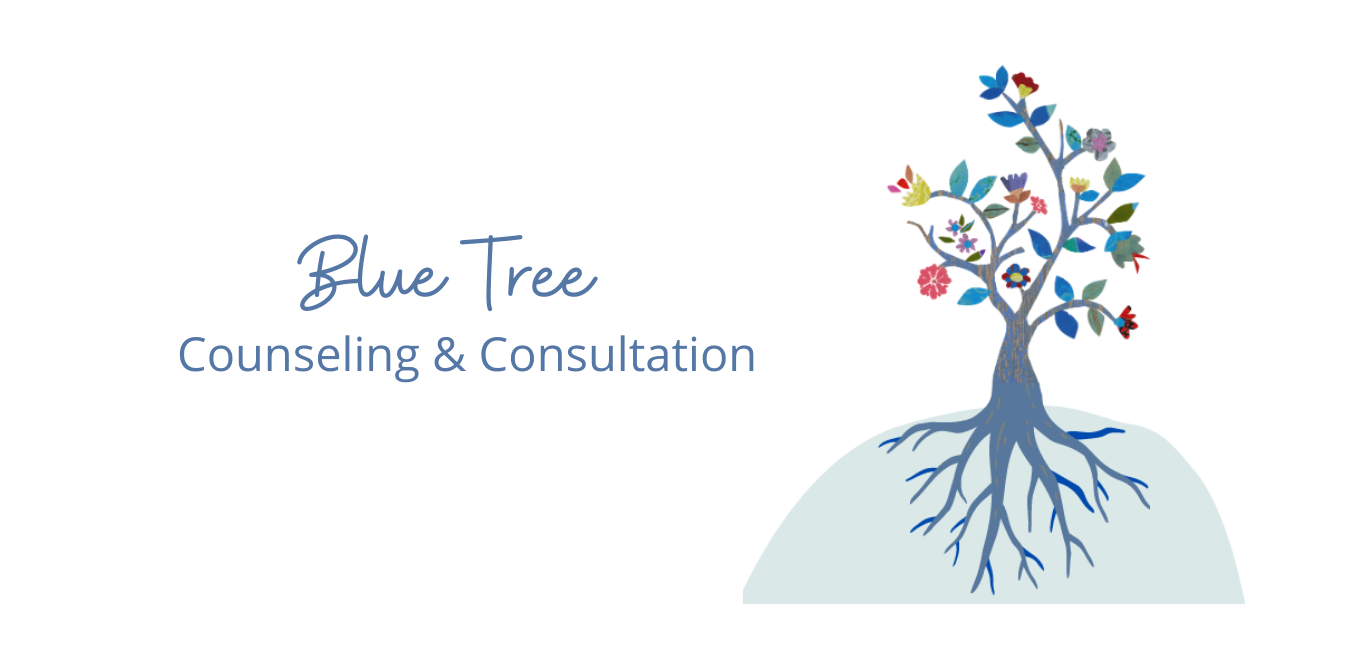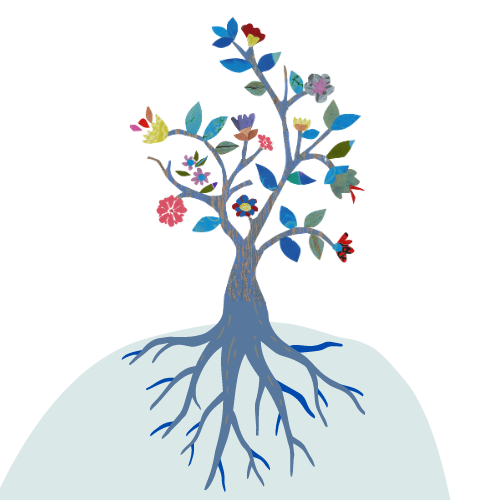Play Therapy
Play therapy will look different for every child, regardless of the practitioner, especially when it comes to age, developmental level and areas of interest. Treatment plans for every client will be developed in collaboration with parents and caregivers to guide the therapist in assisting the client on achieving the agreed upon goals. As part of Play therapy, Blue Tree practitioners will frequently use art, dance, games, body movements and sensory interventions to encourage children to feel comfortable, build trust and -most importantly-encourage healing. Play therapy sessions will be planned by the therapist (directive play therapy) to help clients gain insight on how to overcome one of their problems, develop coping skills or achieve emotional regulation. Other sessions may allow the client more flexibility to address issues and concerns that they are having in their daily lives, with the therapist taking a back seat and observing the client play in a clinical manner (non-directive play therapy session). This allows the therapist to collect information about topics and events that are significant to the child at this point in their lives. The relationship with the child will determine the therapist's response.
In play therapy, children learn:
-to respect themselves
-that their feelings are acceptable
-to express responsibility for themselves
-to be creative and resourceful in confronting problems
-self-control and self-direction
-to accept themselves
-to make choices and to be responsible for those choices
By Gary Landreth (2012) The Art of the Relationship
To offer total transparency, in the event that something is disclosed in a therapy session, all Blue Tree Therapists are Mandatory Child and Dependent Adult Abuse Reporters in the State of Iowa. We are legally obligated to report suspected child or dependent adult abuse to the Department of Human Services.


